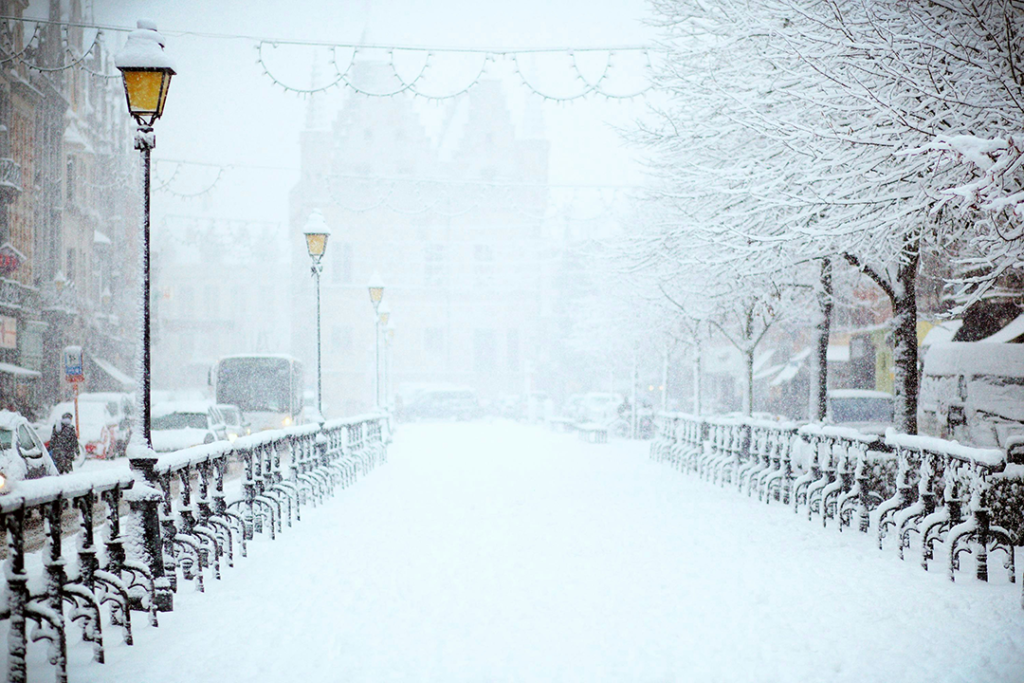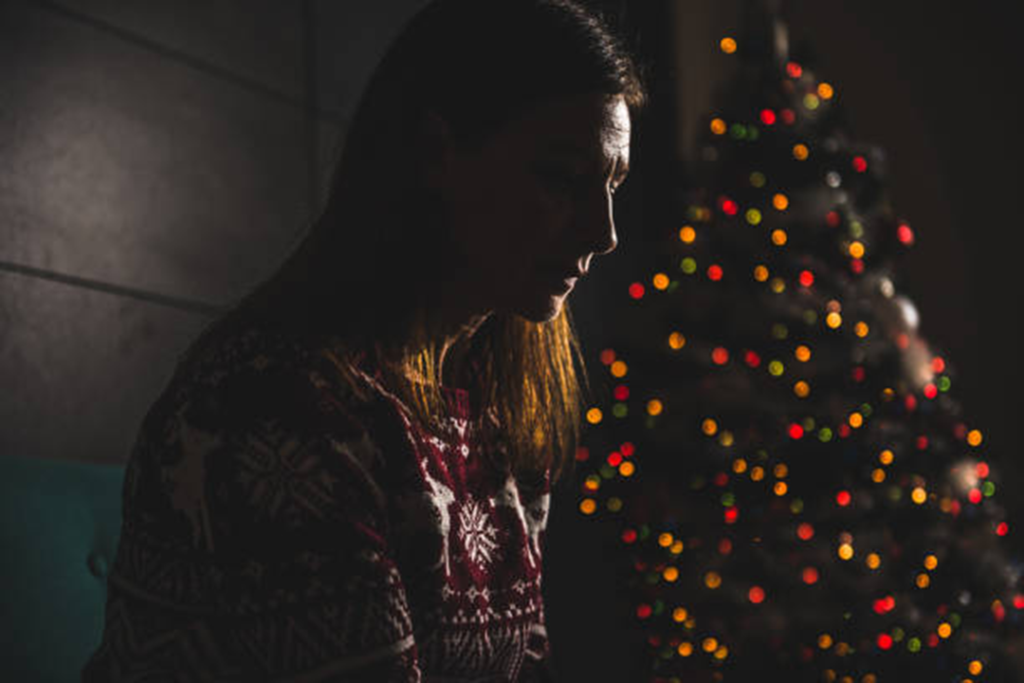For several years now, there has been a widespread belief that the number of suicides increases over the Christmas period. It is believed that, during the Christmas holidays, there is a greater propensity to resort to this extreme self-destructive act. The actual situation, however, shows a decrease precisely during this time period, seeing a substantial statistical decline. In fact, it is often thought that Christmas depression, also known in Anglo-Saxon countries as Christmas blues, is followed closely by suicide.
Psychological factors
Surely Christmas is overloaded with expectations, both psychological and material. The fact that it is a festive season does not mean that everyone is in the mood for it. Causes can be, loneliness, a recent bereavement or simply the feeling of not being ready to celebrate just because the whole world is doing so. Christmas is also synonymous with reuniting with others and so the prospect of this happening can generate stress.
Secondly, there may be financial problems that are burdened by additional expenses during that period. The feeling that suicide at Christmas time is on the rise has also been fomented by the media, which, until recently, did not take into account the statistics reported by institutes that monitor these factors. A very important study by two psychiatrists, Gene Beresin and Steven Scholzman, published in the Clay Center for Young Healty Minds shows that the situation has changed, highlighting how spring is more likely to encounter these nefarious events than winter:

We would like the myth that winter is the worst season for suicidal behaviour to be challenged. It simply is not, and in fact never has been according to research. In 2010, the Annenberg Foundation made an impassioned plea for us as a society to move away from this misleading notion. At the same time, I would like to remind everyone that spring brings its own psychiatric risks and that, as much as possible, we should be more vigilant about suicidal behaviour during the warmer months.
Proceeding with the research, another academic site, the Anneberg Public Policy Centre, in a study, also pointed out that the media has incorrectly linked suicides with Christmas. Because of this problem, this belief has taken hold all over the world.
Suicide at Christmas time: the Christmas Blues.
The Christmas blues is a feeling, a state of mind that arises from the distortion between the joyful atmosphere of the Christmas season and the negative feelings that a person may experience at that time. This combination of so-called positive elements such as atmosphere, lights, celebrations and family gatherings contrasts with moods such as melancholy and sadness perceived by various people. The reasons for this contrast can be several:
- Climatic factors and length of days: in various parts of the world, Christmas falls during cold periods (think of Europe or the United States) where the climate is particularly harsh and the hours of sunshine are shorter than those of darkness. Elements that can create both physical and mental discomfort.
- Financial stress: those who are not going through a particularly good financial period see these moments as a threat to their precariousness. The view of Christmas is strongly evolving from a spiritual to a commercial event. In order to be able to celebrate it, one feels an obligation to shop everywhere.
- A flood of social media signals: at this time, people are inundated with shares and messages that can often prove counterproductive. An excess of stimuli can create stress.
- Unrealistic images: the mass media create a vision of the perfect Christmas: perfectly decorated houses, fairytale atmospheres, wonderful and convivial dinners. These all have little to do with reality and often lead one to think that what one has achieved during this period never lives up to expectations.
- Loneliness: here, too, the social aspect counts for a lot. The reasons for loneliness can be as diverse as being away from family or distant from one’s affections, not having contact with anyone, either because of age or simply because one does not have people to celebrate with. All this creates a melancholic effect that is exacerbated even more by memories of a happier past.
How to cope with this period?

There are different ways to cope with this period, so that you can overcome all those dark feelings that appear. Probably the most important thing is not to get too involved in the situation, and to stick to one’s own habits and everyday routine. Christmas is very nice and also important, but certainly not as much as one’s own existence. Respecting and recognising one’s own limits further helps to understand that during the festive season one should not overdo it to please others. Everything that may please other people may not be ideal for oneself, so one can say no once in a while.
At the same time it is very useful to take care of one’s body and mind by doing everything that can improve one’s state of health: walking when the sun is still high, reading, continuing one’s hobbies. Avoid situations or company that may in some way disturb your day. Stay and think about the present without getting lost in particularly sad or melancholic memories: it can happen that Christmas becomes an element that only punctuates the absence of those who are no longer there, thus remaining insensitive to the positive stimuli one could enjoy.





